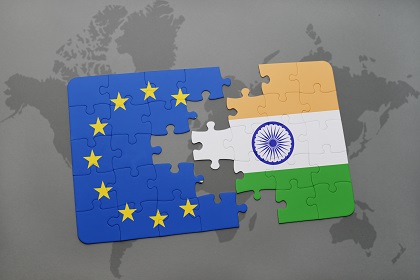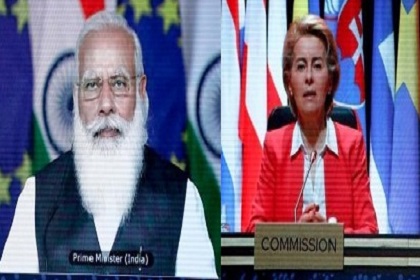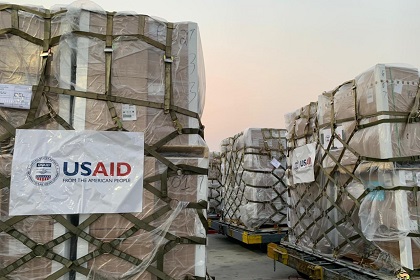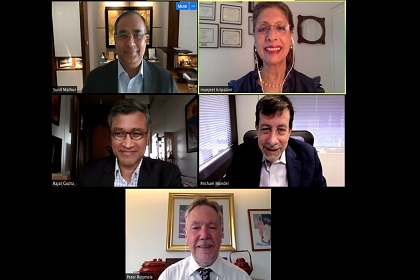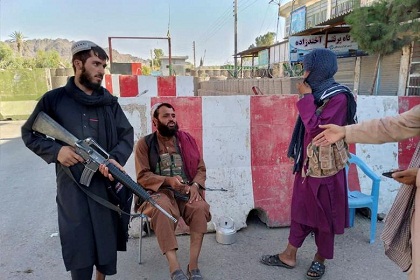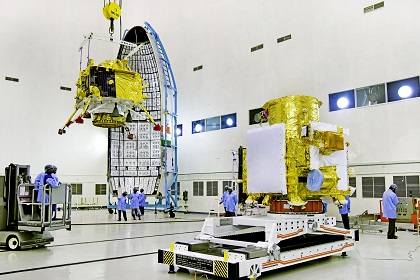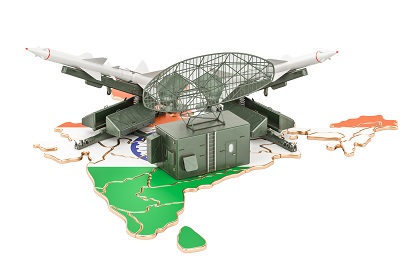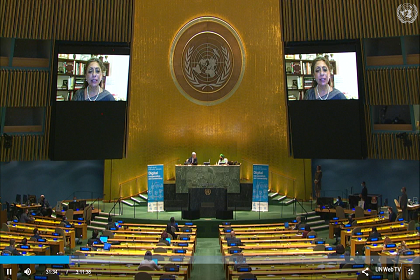EU-India: Intentions, with results
The India-EU summit held May 8, was more ambitious than previous ones. Now the summit’s words must turn into action, an effort that will require continuous discussion, patient negotiation and uninterrupted dialogue between Delhi and Brussels. Will the two capitals be willing to compromise and find common ground that they have not managed to demonstrate before?

